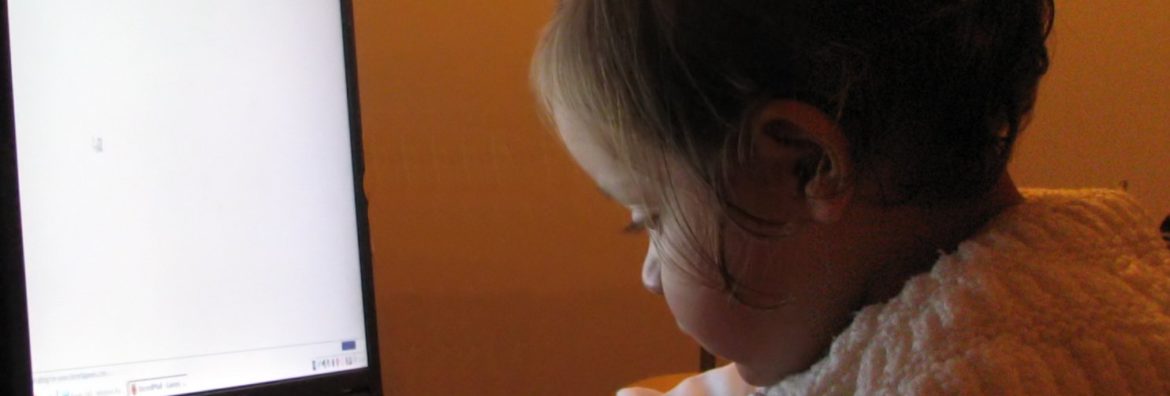The fine folks over at Invoice2go (a professional invoice app)* asked me, and many other freelancers, to offer up three nuggets of advice for those new to self-employment. While I still consider myself new to the game, I was happy to contribute the below, part of which made it into a sleek infographic (also below).
In just over two years, freelancing has taken me places and taught me things I never could have predicted.
For context, I did my first paid freelance gig in April 2014, charging a modest $6.24 to write a sales page for a friend. Fast-forward to August 2015, and I was making enough money writing and editing on the side that I could quit my 9-to-5 job and start freelancing full-time.
I’m finally living the dream I had for several years, but the journey hasn’t been without its fair share of tough lessons, and the days in which I wonder what the hell I am doing outnumber those in which I don’t. I think some of this is inevitable with starting anything new, however those feelings may have been mitigated if I had known these three things earlier on:
It’s Ok To Pay For Help
As soon as you start bringing in more than just beer money, meet with an accountant. Not only will they tell you how you can best protect your business and its assets in the face of legal action (by forming an LLC, S-Corp, or otherwise), they’ll be able to estimate how much you should be setting aside for next tax season.
Stupidly, I didn’t realize being a business owner meant I had to pay two sets of taxes (personal and business), and I went from Scrooge McDucking into a room full of coins one week to wondering where it all went the next.
You Can Probably Charge More
If you have “formal” experience working in your field and are new to freelancing, I guarantee you are undercharging what you actually could be. When I was charging just $10 per project starting out, a large part of me still felt like a fraud even though I had been working in PR and writing professional copy for three years. I was convinced an unhappy client was going to call me out and spread rumors across the internet that I was what I felt like: an impostor.
Eventually I realized that potential clients saw me as an expert and were coming to me for a reason: because I had work experiences and skills that they found valuable. If they didn’t, they wouldn’t have contacted me in the first place.
Be It Til You Make It
Pay for a logo, nice business cards, and a website. Be someone that you would want to hire. Even if your freelancing work is only a side-gig at the moment, when you get asked “so what do you do?” always include in your answer (preferably first) that you do writing/photography/art/etc.
If the person is interested or a potential client, they will ask about that over your “other” job. If you take yourself seriously, other people will, too.
—
Most importantly, even when none of your friends can relate to what you are trying to do and you feel completely lost, remember that you are far from the only person to choose this path. If you make yourself do just one thing for your business each day, you’ll be amazed at how quickly your career trajectory can change and you’ll discover there are countless others like you. You may even be asked for advice by aspiring freelancers someday.
Here’s what others had to offer:
 *I don’t personally use the product (Excel and Word are just fine for my current invoicing needs) but I know other freelancers that rave about its ease-of-use. I was not compensated for this post.
*I don’t personally use the product (Excel and Word are just fine for my current invoicing needs) but I know other freelancers that rave about its ease-of-use. I was not compensated for this post.

